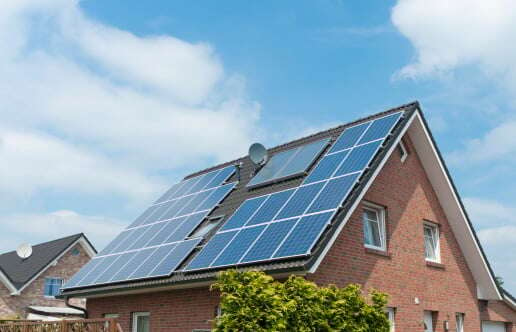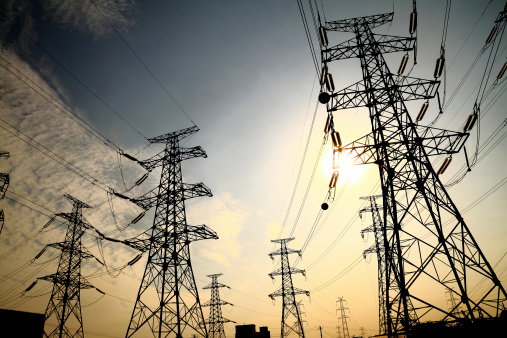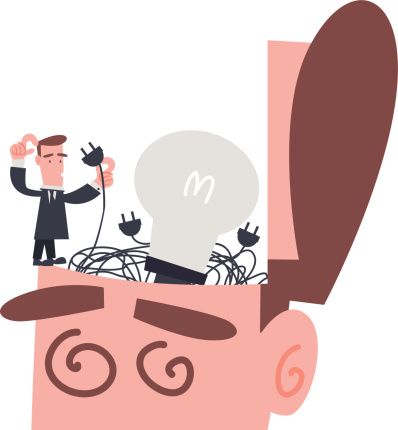 Thomas Edison is a revered historical figure and so is Charles Fritts and Robert Millikan.
Thomas Edison is a revered historical figure and so is Charles Fritts and Robert Millikan.
Who are they, you may be wondering? While not exactly your local electrician, they were scientists who, respectively, received the first U.S. patent for a solar cell and offered experimental proof of Albert Einstein’s theory on photoelectric effect.
If not for the efforts of these gentlemen, Americans might not be turning to solar-powered electricity as a source of renewable energy, which means, by the way, that it will always be around during our lifetime. More accurately, it will be around for another 6.5 billion years, or as long as the sun continues to thrive, according to NASA.
If you're considering a solar or photovoltaic (PV) system for your home or office, then you also may know how they work: the fundamental components – solar cells – are made up of semiconductor materials. When these materials are absorbed by sunlight, the energy unleashes electrons from the atoms, producing the photoelectric effect that Mr. Millikan proved in 1916, and about which Einstein wrote a paper that led to him winning the Nobel Peace Prize six years later.
The all-important solar cells are usually embedded in roof shingles, roof tiles or skylights, and can make particularly stunning glass awnings over patios and decks. PV systems can produce electricity on cloudy days, but since they are so dependent on the sun, they work most efficiently in high-sun areas, especially in southwestern states in the country.
This exciting technology can revolutionize your home or business, but it's smart to carefully weigh the pros and cons.
Besides offering a renewable source of energy, the other benefits of a solar-powered electrical system include:
- It's sustainable, meaning that it meets the needs of one generation without compromising the needs of the next. Because solar energy is so abundant, we can't possibly “over consume” it.
- Quiet operation and no emission of pollution, which makes PV systems “environmentally friendly.”
- The allure of being low maintenance. Generally, solar panels should be cleaned only several times a year. Their long-term warranties (20 and 25 years) provide added assurance.
- The ability to bring electrical power to people in remote areas, where it may be difficult to impossible to construct power lines
There are several drawbacks to solar energy – at least for now. They include:
- The initial investment in the solar cells, both in terms of the cells themselves and the installation by a local electrician. The cells can cost more than $1,000, and some homes may need more than one. However, it's just a matter of time before this investment pays off because eventually, a home will produce its own electricity. To make the initial investment more manageable, the U.S. Department of Energy often offers rebates on solar systems. Leasing agreements, meanwhile, can eliminate the upfront costs completely and allow homeowners to begin saving money on energy costs right away.
- The amount of space needed to accommodate the solar panels. A lack of space – coupled with insufficient shading – make at least one-quarter of American homes unfit for solar panels. However, with “community solar gardens,” homeowners with sparse rooftops can produce and share solar power with their neighbors.
- The difficulty of pinpointing how much energy the PV system will produce, considering how dependent it is on the sun. Obviously, the system produces no energy overnight, and its efficiency can be diminished by poor weather.
There's no doubt that solar-powered electricity is an exciting technology. If you need assistance with home electrical repairs, contact a local electrician in Chico at Experts In Your Home for a consultation.
Learn which electrical jobs you shouldn't tackle yourself by downloading the FREE guide below:








